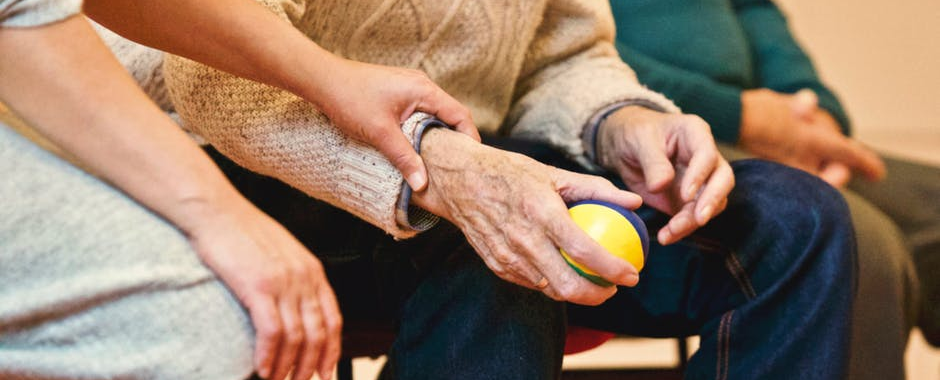By Bill Bates OTR/L
Our jobs obviously involve interacting with patients every work day. We chit chat with them. We educate them. We resolve concerns. We encourage them. We crack jokes with them. And even though we may not give much thought to those interactions, the research is beginning to show that how we conduct ourselves and communicate with clients has a tremendous effect in overall clinical outcomes.
In the occupational therapy literature, this area of study is called “Therapeutic Use of Self.” An awkward name for sure. In other arenas it may be called the clinician/client interaction, or the therapeutic relationship. In the March/ April 2009 issue of the American Journal of Occupational Therapy there is an article that introduces the concept of the therapeutic use of self. This article introduces some concepts that really are just the tip of an iceberg of what can be a deep and vital research area in our professions. The researchers surveyed 1,000 occupational therapists and found that a large majority of therapists placed a high value on the therapeutic relationship and use of self, yet felt that they were inadequately trained and that the field lacks sufficient knowledge in this area.
If you are interested in learning more about this topic, and wish to improve your ability to utilize communication, evidence based practice, and other forms of interaction to drive excellent clinical outcomes, the July 2002 issue of the American Journal of Occupational Therapy provides some good insights. Here are a few of the highlights :
- Early in the therapy process, establish cooperative intent to fully understand the clients goals
- Strive to understand which therapeutic tasks have value for the client
- Develop a working relationship culture that allows for modification of approach throughout the intervention processes
- Allow for time for humor, forgiveness, and review of how the therapeutic relationship is going.
Research for clinical approaches continues to grow in our profession. We are encouraged to stay in tune with the latest advancements in occupational therapy in order to effectively deliver evidenced based practice. Our therapeutic relationship with our clients also can drive or hinder the ultimate outcome of our interventions. There is a wealth of knowledge and research available about communication, the client/clinician relationship, establishing rapport, and other elements of therapeutic use of self. Hopefully these thoughts here have sparked some interest and you take the time to explore this topic further!
American Journal of Occupational Therapy, March/April 2009, Vol. 63, 198-207. doi:10.5014/ajot.63.2.198
American Journal of Occupational Therapy, July/August 2002, Vol. 56, 470-474. doi:10.5014/ajot.56.4.470
